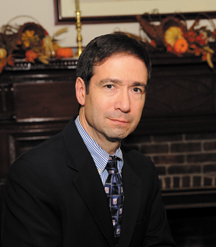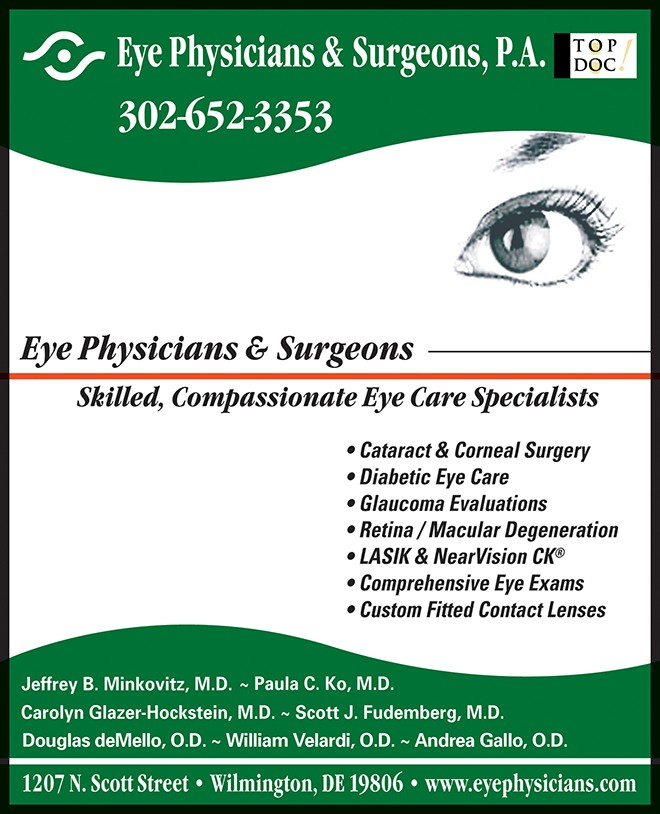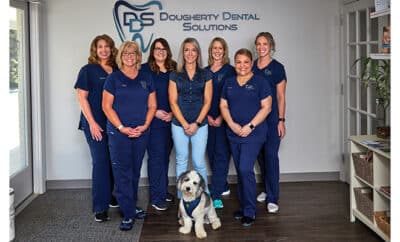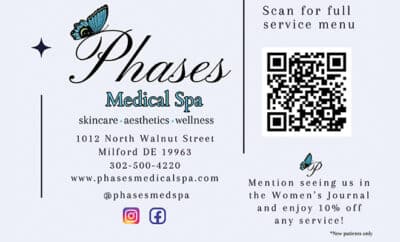What Is Refractive Cataract Surgery?
 By Jeffrey B. Minkovitz, M.D.
By Jeffrey B. Minkovitz, M.D.
Refractive cataract surgery embodies the marriage of two distinct but related eye specialties. It combines the latest innovations for removing cataracts to improve cloudy vision, with diagnostic and therapeutic advances in refractive surgery for reducing spectacle dependence. Better equipment and procedures, coupled with an understanding of how to refine refractive optics, now allow surgeons to both restore eyesight to aging eyes while at the same time improving visual performance.
Modern cataract surgery benefits from years of advances in surgical techniques and technology. Better microscopes and instruments allow for more precision, while better ultrasound and laser technology allows for a safer and more comfortable experience. Surgery, which previously took longer and produced merely acceptable results, now takes minutes, has a significantly better safety profile, and delivers dramatically improved vision. In many cases, eyesight following surgery may exceed vision before the cataract ever developed.
Advances in refractive surgery, including LASIK and PRK laser vision correction, have also created new possibilities to enhance eyesight. Refractive surgery utilizes the most sophisticated computer aided instruments to measure and treat optical aberrations. Refractive cataract surgery now applies this same understanding for creating incisions and selecting advanced technology lens implants to enhance vision with the least possible spectacle dependence. Better tools to measure the eye’s unique optics allow for more customized surgical plans. Better resolution, more contrast, and extended depth of focus is now possible with new implant designs.
For patients who underwent cataract surgery before these advances were available, new refractive surgery techniques can often be applied later to improve older results. New diagnostic tools can accurately determine causes and possible solutions for any shortcomings. The latest laser and other technologies can be applied to improve outcomes. Reduced spectacle dependence and enhanced visual performance is often an option even years later.
Patients with cataracts benefit from advances in both cataract surgery and refractive surgery. The most advanced technology and newest techniques, combined with the understanding and “focus” on refractive outcomes, produce surgical results far exceeding those available previously. A customized approach requires an informed patient and an open dialogue with the refractive cataract surgeon about the many options available.
Jeffrey Minkovitz, MD is an ophthalmologist with Eye Physicians and Surgeons in Wilmington, Delaware. Dr. Minkovitz specializes in cataract and refractive surgery, and is one of only a few Delaware surgeons specially trained in corneal transplantation. He completed a cornea and refractive surgery fellowship at the renowned Wilmer Eye Institute of Johns Hopkins. Previously, he graduated magna cum-laude from Harvard, earned his medical degree from the University of Massachusetts, completed internship at Harvard’s Mt. Auburn Hospital, and served his ophthalmology residency at Washington University.
Dr. Minkovitz participated in the early research on Excimer Laser refractive surgery, and has offered this procedure to Delawareans since FDA approval in 1996, before Delaware had its own laser. These early pioneering individuals travelled to Wilmer Institute with Dr. Minkovitz, where he maintained his teaching and clinical appointment. In addition to introducing laser vision correction to Delaware, he also introduced NearVision CK to eliminate reading glasses, DSAEK (a newer, less invasive type of corneal transplant) and recently the newest advance in cataract surgery: laser assisted cataract surgery. In 2016, Dr. Minkovitz founded Laser Vision Delaware, llc and brought the newest and most advanced refractive laser to Delaware.
Dr. Minkovitz is a co-founder of the Center for Advanced Surgical Arts and serves on its medical advisory board. He is also on active staff at Christiana Care. While on staff of Wilmer at Johns Hopkins University, Dr. Minkovitz received the Outstanding Teacher award. He was also named Top Doc in ophthalmology by Delaware Today Magazine six consecutive years, most recently in 2017. He has been an invited instructor at American Academy of Ophthalmology Annual Meetings.
For further information or to schedule an appointment please call 302-652-3353.





